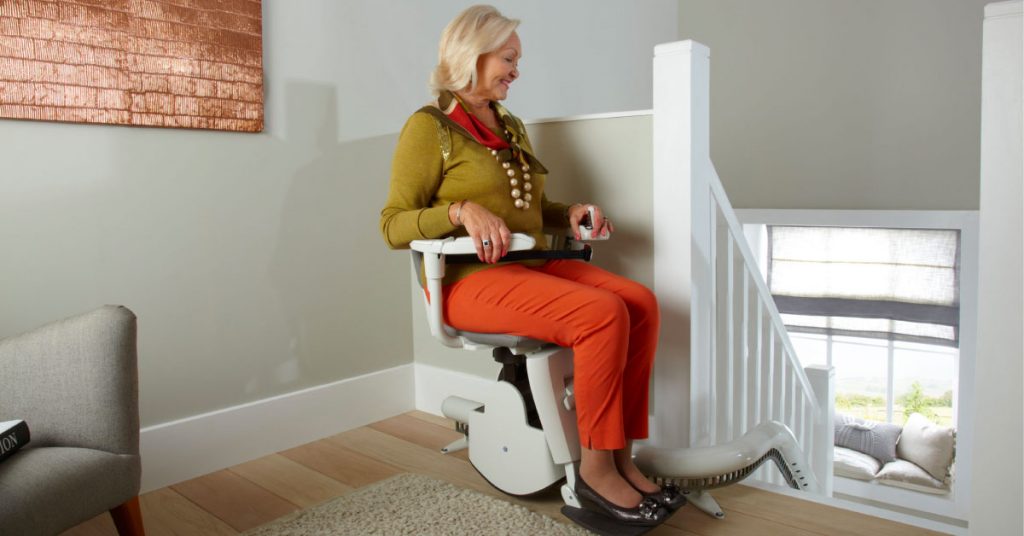Every homeowner understands the heart of the home often lies in the kitchen. However, this central hub can also become the most dangerous area if safety is not prioritized. In this article, we will explore kitchen fire prevention tips to ensure your home remains a safe and enjoyable space for all.

The Importance of Kitchen Fire Safety
Kitchen fires are one of the leading causes of home damage and can even pose significant risks to lives. Implementing kitchen fire prevention tips is crucial for every household. A few thoughtful measures can prevent potential disasters, protecting your home and loved ones.
Understanding Common Causes of Kitchen Fires
To effectively prevent fires, it’s important to understand their common causes. Most kitchen fires start due to unattended cooking, faulty electrical appliances, or flammable items left near a heat source. By recognizing these risks, homeowners can take proactive steps to minimize them.
Unattended Cooking
Always keep an eye on your food while cooking. If you must leave the kitchen, turn off the stove or have someone watch the food for you.
Faulty Electrical Appliances
Regularly inspect kitchen appliances for wear and tear. Replace or repair faulty appliances to prevent electrical fires. Consider reading detector tips to complement your kitchen’s safety measures.
Flammable Items
Keep flammable items like kitchen towels, oven mitts, and paper products away from heat sources. This simple step can prevent many kitchen fires.
Fire-Resistant Kitchen Design
Design plays a significant role in kitchen safety. Opt for fire-resistant materials and a layout that minimizes risk. Consider integrating safe flooring options that offer durability and safety.
Choosing the Right Materials
Use materials like stainless steel or tempered glass for countertops and backsplashes. These materials are not only stylish but also resist high temperatures and are easy to clean.
Strategic Appliance Placement
Position appliances like stoves and ovens away from doorways and flammable materials. This strategic placement reduces the risk of fire spreading throughout the kitchen.
Essential Fire Safety Equipment
Having the right equipment on hand can make all the difference in an emergency. Equip your kitchen with fire extinguishers, smoke detectors, and a fire blanket.
Installing Smoke Detectors
Install smoke detectors in and around the kitchen area. Regularly test and replace batteries to ensure they are in working condition.
Using Fire Extinguishers
Keep a fire extinguisher in an easily accessible location. Learn how to use it properly and ensure all household members are aware of its location and operation.
Regular Maintenance and Checks
Consistent maintenance and checks can prevent kitchen fires. Regularly clean your kitchen, inspecting and maintaining the condition of appliances and fixtures.
Cleaning and Maintenance
Clean cooking surfaces and appliances regularly to prevent grease buildup, which can easily ignite. Secure storage for cleaning supplies ensures they are kept away from heat sources.
Appliance Checks
Regularly inspect appliances for signs of wear and tear. Address any issues immediately to prevent potential fire hazards.
Involving the Whole Family in Safety
Involving all family members in safety practices can help prevent kitchen fires. Educate everyone on fire prevention and ensure they know what to do in case of an emergency.
Safety Education
Teach children about the dangers of fire and the importance of kitchen safety. Consider installing child safety gates to keep young ones away from kitchen hazards.
Emergency Drills
Conduct regular emergency drills with your family to ensure everyone knows the evacuation plan. Practicing these drills can save precious time in a real emergency.
Conclusion
By following these kitchen fire prevention tips, homeowners can significantly reduce the risk of kitchen fires. Remember, safety is a continuous effort, requiring regular maintenance and education. Implement these strategies to create a safer kitchen environment for you and your loved ones.

FAQs
What is the most common cause of kitchen fires?
The most common cause of kitchen fires is unattended cooking. Staying vigilant while cooking and never leaving the stove unattended can prevent many fires.
How often should I check my kitchen appliances?
It’s a good idea to check your kitchen appliances at least once every few months for signs of wear and tear. Regular checks can prevent potential fire hazards.
What materials are best for fire-resistant kitchens?
Materials like stainless steel and tempered glass are excellent choices for fire-resistant kitchens. They can withstand high temperatures and are easy to maintain.
For more insights on staying safe at home, you can visit Recovery Station for additional resources.
This article contains affiliate links. We may earn a commission at no extra cost to you.

